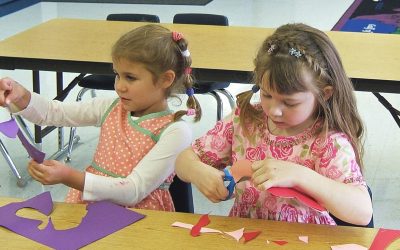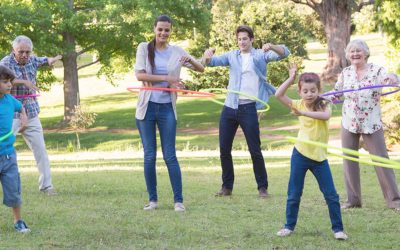NURTURING…
Consider how an orchid grows. Before there’s any hint of a flower, a root is nurtured beneath the soil. It can take a long time, until finally, one or two stalks shoot upward. Once there’s a solid underlying structure of nourishment, little buds begin to sprout. If the foundation is healthy enough, and the plant is cared for, the flowers will be abundant and beautiful, and the orchid will thrive.
Similarly, parents are well-positioned to nurture their children and help them acquire solid roots and a strong foundation, including the supports required for optimal learning and growth.
There are countless opportunities for that. Children can be helped to become excited about learning, and to develop their abilities—not only at school, but through social interactions, such as play, family connections, and community involvement. A person’s brain is always changing and amenable to learning (this is often referred to as neural plasticity), and so children benefit when parents, teachers, and caregivers pay attention to the fluid nature of development. That means keeping in mind that individual learning needs will vary over time as a child’s interests change, environments and contexts shift, and abilities are (or are not) furthered by day-to-day experiences and supports.
Realistically however, growth trajectories and learning potential cannot be precisely charted. As with an orchid, care and patience are required, and there are no guarantees as to the nature of what might bloom, or when.
PRACTICALITIES…
Throughout the school year, children inevitably confront challenges. Adults who stay attuned to transitions, concerns, feelings, and observations can offer appropriate and timely encouragement and reassurance—including helping kids anticipate and manage changes, and fostering their resilience, motivation, and competence.
Here are three suggestions for nurturing your child’s development:
- Communicate. Does your child feel welcome, respected, and appreciated at school? Do they enjoy learning? (Why or why not?) Are there ample opportunities for positive interactions with others, in and out of their classrooms? Chat about these matters—and listen carefully and respectfully to what your child has to say.
- Help your child adapt to changes. Life rarely if ever stays the same. Discuss how you accept new situations. Explain variations in academic programs, family relationships, or other aspects of your child’s life, as well as the “hows” and “whys” of adjusting to them.
- Foster a healthy self-concept. When a child feels good about their accomplishments—including engaging in purposeful, enjoyable, and meaningful learning and creative expression—it translates into greater self-confidence. You can enhance your child’s motivation and achievement by encouraging them to pursue their interests, work hard, find relevance in activities, be imaginative, embrace challenges, and see things through.
LAST WORDS…
Orchids and children have similarities, but that parallel is a simplification. Whereas orchids require air, water, and sunlight to flourish, children require that and much, much more—on an ongoing basis. Any time is an ideal time to consider ways to help children blossom. Strong foundations, attunement to individual needs, and supportive measures can make all the difference in your child’s learning trajectory, development, and well-being.
Author’s Note: This article is updated from a previous one written by Dr. Joanne Foster that was featured in Best Version Media’s Neighbours Magazines, distributed across Ontario, Canada. Dr. Foster writes extensively about learning and child development. Find additional information in the book Being Smart about Gifted Learning: Empowering Parents and Kids Through Challenge and Change (co-authored with Dona Matthews).








